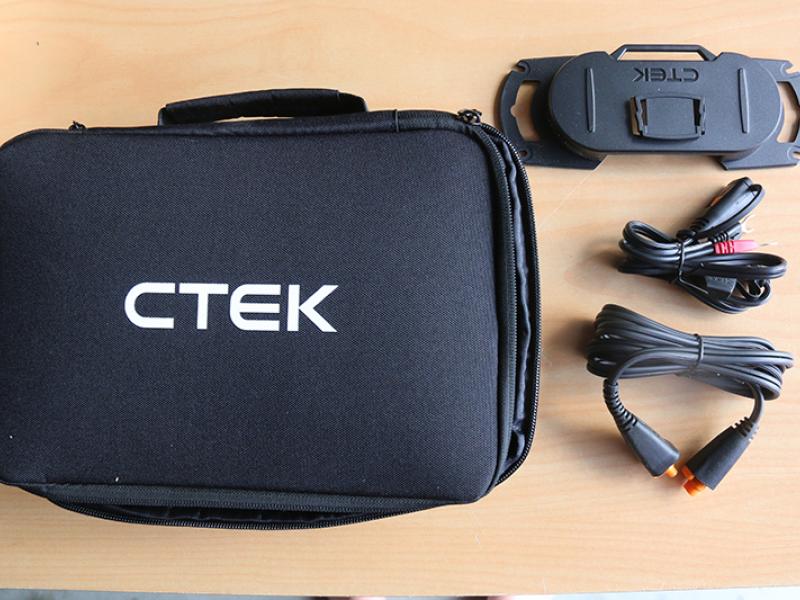Financial Services Complaints Limited (FSCL) data shows an uptick in business lending complaints from small business owners struggling to repay their loans.
As more Kiwi businesses are falling behind on debt payments, Financial Ombudsman, Susan Taylor, is reminding small business owners to seek advice before applying for business loans as the protections afforded by the CCCFA (Credit Contracts and Consumer Finance Act) only apply to consumer loans.
“There is a significant difference between the obligations on lenders when lending to small businesses compared to consumers,” says Taylor. “Business loans are not consumer credit contracts and responsible lending obligations do not apply.
“A common issue in some of the complaints we are seeing is that the lending was allegedly unaffordable, and often a secondary issue is that the borrower considers the lender has not been fair in their response to hardship,” says Taylor.
“A business loan carries risk because a lender may have the power to place a caveat on a property (legal notice declaring a specific claim on it), require security over assets including the family home or take personal guarantees.
“While borrowers can apply for hardship assistance when struggling to keep up with a consumer loan – and the lender is legally obligated to consider a hardship application – this is not the same for business loans,” explains Taylor.
The latest Credit Insights Report from Centrix, also reports that business defaults are up 33 percent year-on-year.
In one recent case investigated by FSCL, a small business owner took out a $50,000 business loan after securing a new contract for a large organisation on an ongoing basis. Richard* thought it would generate an income of about $200,000 over several months and he needed immediate cashflow to take on new staff and buy another vehicle and supplies. The loan term was for one year and, with $17,000 of interest added upfront, Richard had $67,000 to repay.
Initially Richard made the payments, however within weeks the loan fell into serious arrears. The lender then placed caveats over two of his properties, including his family home.
With the help of his financial mentor, Richard complained to FSCL. The mentor said the lender hadn’t conducted a suitable assessment of whether Richard could afford to pay the loan.
“Although the lender didn’t have to meet the strict affordability assessment requirements under the CCCFA, it was difficult to see how the lender thought Richard could afford the relatively high weekly repayments of $1,300,” explains Taylor.
FSCL’s review of the business’s bank statements showed a regular pattern of Richard receiving payments for completed jobs, but within a few days, the funds were nearly exhausted after paying staff wages and buying supplies.
“We thought the lender should have obtained more detailed information before approving the loan, at the very least the new contract Richard had secured as proof of income, and the business’s financial accounts,” says Taylor.
FSCL helped to negotiate a settlement between the parties where the debt was reduced. With agreed weekly payments of $385 the loan would be paid off in two and a half years and, once the loan was paid, the lender would remove the caveats.
“It is in both the lenders and borrower’s interests that loan repayments are affordable allowing the debt to be repaid without difficulty, “says Taylor. “If small business owners are struggling, we suggest they seek the help of a financial mentor, or a business adviser. It is better to have these conversations sooner rather than later. As you run out of time, your options become fewer, debt is often significantly higher and the risk of losing assets, much greater.
“As financial pressures continue due to the current economic environment, we expect to receive more of these types of complaints from small businesses,” says Taylor.
FSCL can take complaints from small businesses (a business with less than 19 employees) about any type of financial service, including around credit, finance and loans, insurance, investments, and financial advice.
Courtesy NZBusiness






